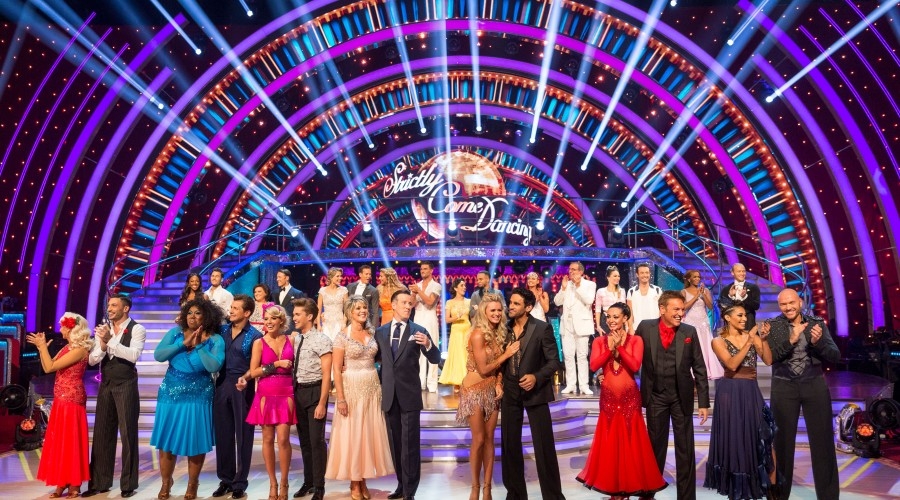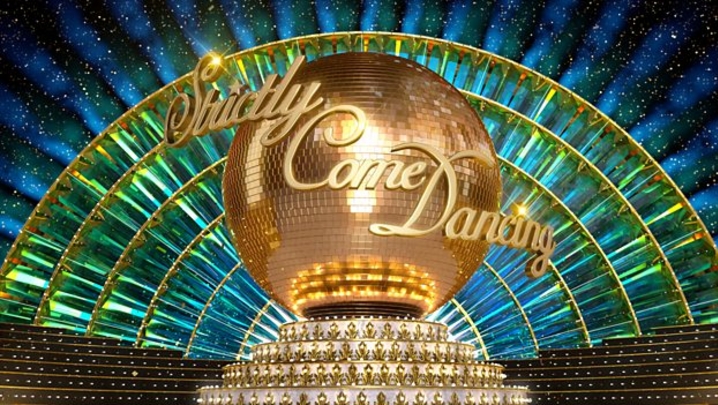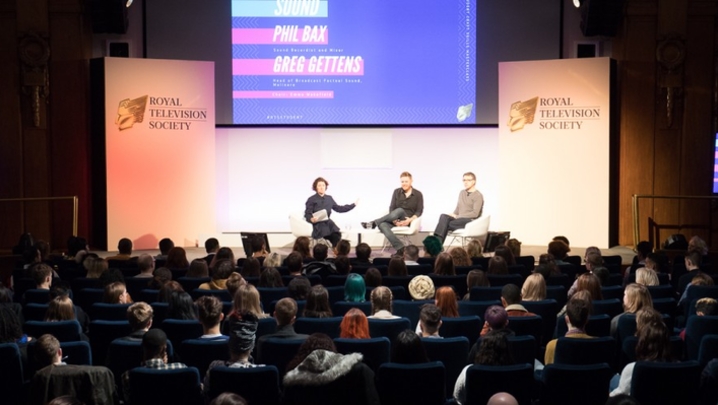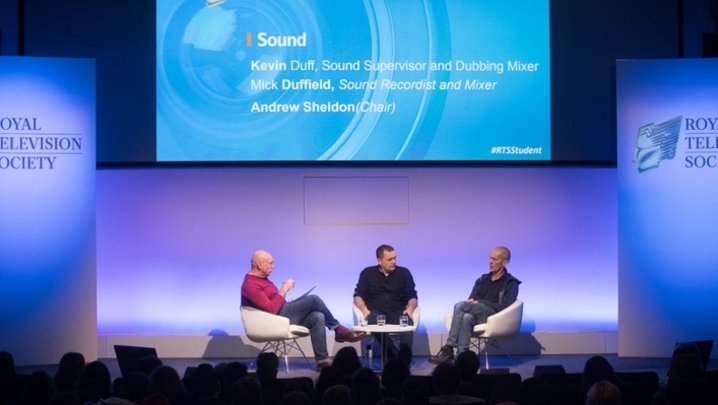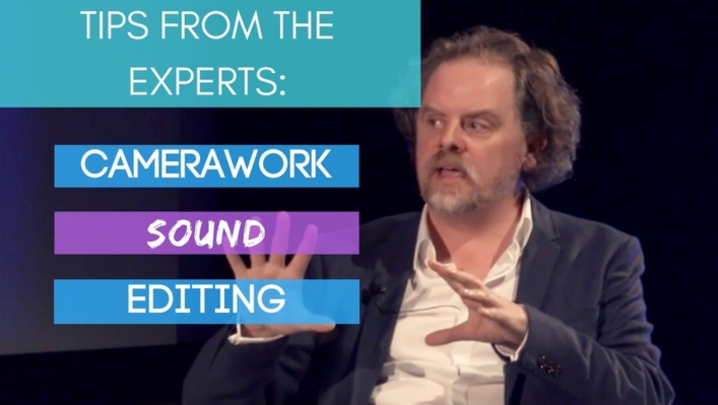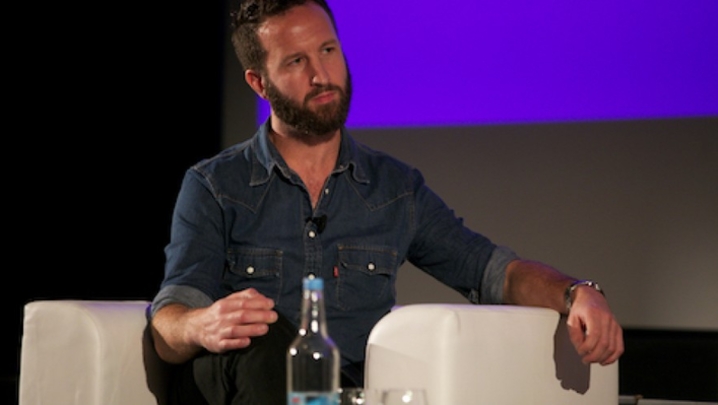“Sound is not understood by very many people,” warns Tony Revell, Sound Supervisor whose credits include Strictly, the NTAs and BAFTAs. “Producers, directors or anyone on the visual side of television really don’t know what sound involves or how it is created.”
Building a career in sound, Tony believes, is the same as it was when he began over 40 years ago. “[You] need to do the work at the coal face,” he believes, and work your way up from Sound Assistant to Sound Supervisor.
A degree isn’t always necessary either. Due to how specialised TV sound is – the skills needed differ greatly between genres - there aren’t many specific courses. “I don’t think I know who has done a degree. It’s never come up.”
The role of a Sound Supervisor is essentially quite simple, says Tony. “You have to interpret the production’s requests in a way which is feasible to achieve,” by knowing what is or is not possible, and be able to explain that to the rest of the production.
“You have to develop cunning ways of getting what you need without directors shouting at you because… the microphone is in the way.”
Sound, he says, is as much about cutting out what you don’t need as it is capturing what you do. “It conveys the majority of the programme… [so] if something goes wrong then people start shouting.”
As such planning for when things go wrong is essential. “If you can actually hear something is wrong and go about fixing it, you are 90% of the way there.”
However getting into the industry isn’t easy. “Look at credits on the end of programmes. Do the research. Get in touch. Most people have got websites. Talk to them and take it from there.”
“Sit in with people and get to know [them]. It’s amazing what you pick up form watching someone else do the same job!”


